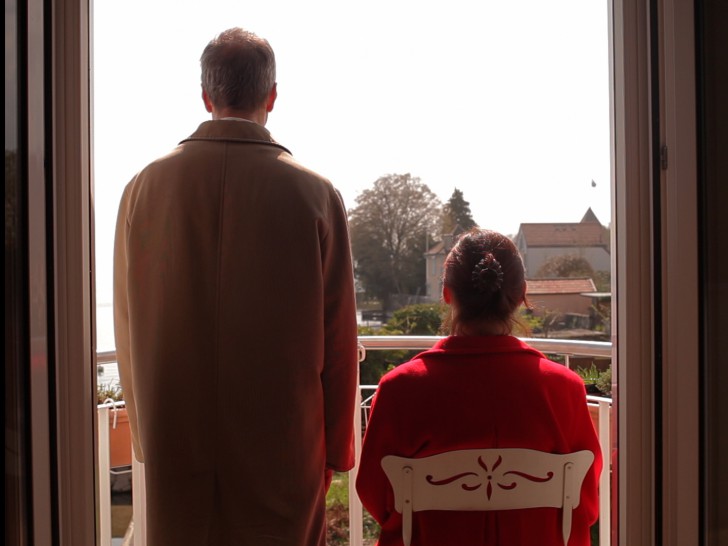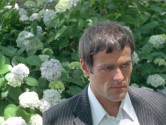
Communists
The Aquarium and the Nation
Communists comprises six scenes concerning resistance to “forms of domination and violence of man on man,” including Communist prisoners who face down their Fascist interrogators during World War II; Egyptian workers and peasants who revolt against their colonial exploiters in 1919; and Italian Alpine communities who in 1967 refuse to show mercy to the Nazis who butchered their families during the war. Straub focuses on the precipitous moment when men and women must choose between self-sacrifice and annihilation. He suggests that survival from oppression, and faith in the fantastical dream of a “new Earth”—the nascence of popular resistance—can perhaps come through music, the joy of a child’s touch, a walk in the country, a will of the imagination.
André Malraux once wrote, “The greatest mystery is not that we have been flung at random between this profusion of matter and the stars, but that within this prison we can draw from ourselves images powerful enough to deny our nothingness.” Straub considers this in his latest film, creating a cosmic interplay of Haydn’s symphonic Seven Last Words of Our Savior on the Cross, a fish tank at a Parisian Chinese restaurant, the birth of a nation in Jean Renoir’s 1938 film La Marseillaise, the Jung Institute of Paris, and Malraux’s wartime novel The Walnut Trees of Altenburg.





























